
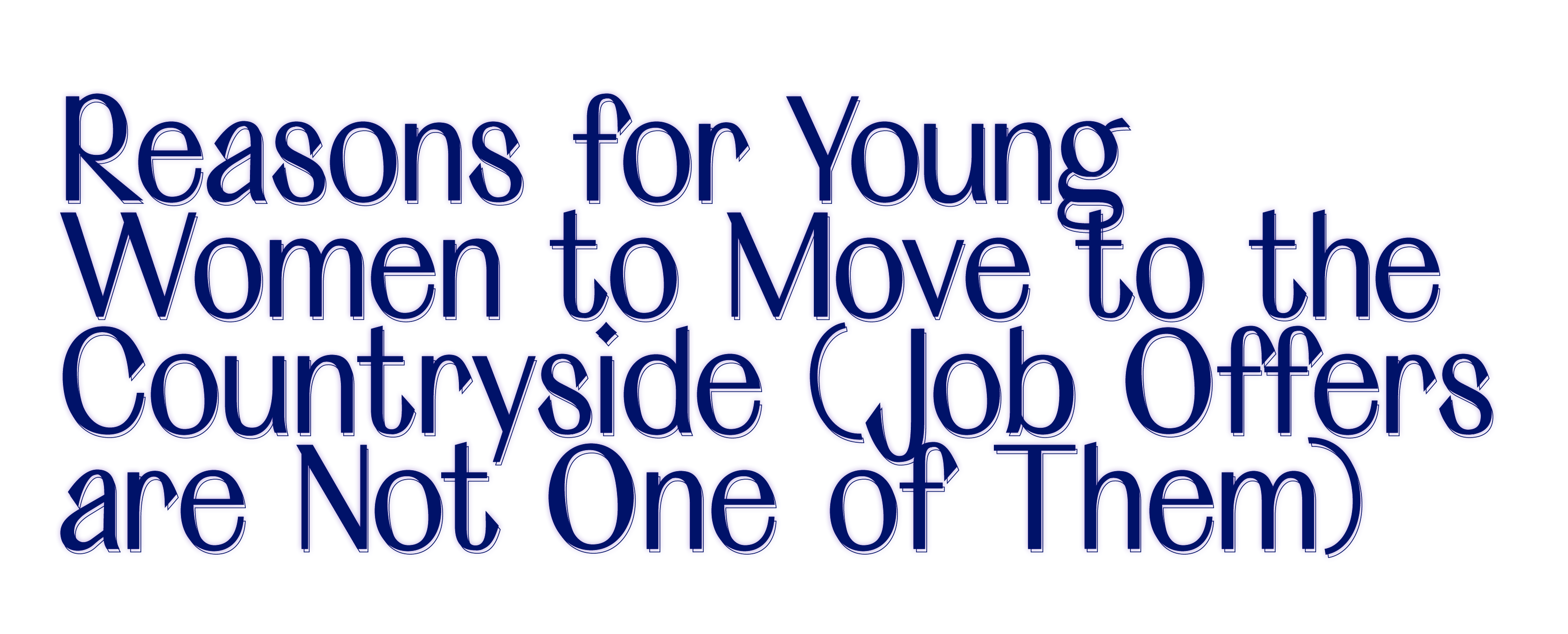
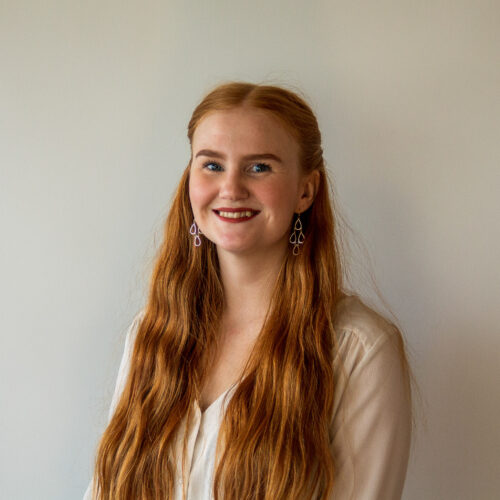
Steinunn Ása Sigurðardóttir
image:
Margeir Haraldsson
translation:
Alma Dóra Ríkarðsdóttir
When I first moved to the Westfjords two years ago, I was fascinated. Fascinated by the landscape, the people, the close connection to nature, the mountains, the neighborly love and the calmness that came with moving away from the hustle and bustle of the city. After making the impulsive decision to try living in a village of merely 200 people, I soon began to dream of being able to settle here permanently. Then things got complicated. I did not see many possibilities in the situation for me. After all, I had educated myself, in fact I had always aimed to work on an international level, and there was little for me to do in that sector here.
By the end of last year, my boyfriend and I decided to take a chance and let the dream of living in Flateyri permanently happen. With that decision, I made certain sacrifices, but not for a single day have I regretted them. However, there are a few things that come to my mind regarding the interplay between being an young woman and a feminist who is has recently moved to a small fishing village, and I would like to share my experiences of it with the hope of raising some sort of awareness.
I would like to point out that of course I can only speak from my own experience, people’s individual experiences vary, and the countryside is far from being a homogeneous area.
It is often big news when new people move to my village and the residents welcome it, as depopulation has long been a persistent problem. I was no exception and people welcomed me, but many were also surprised by this decision, especially my friends and family in the capital. Because despite the advantages that come with living in a small town, there is a big obstacle in the lack of opportunities for young people and therefore it comes as no surprise to me that young people and especially young women prefer to live in larger towns.
In smaller places, the truth of the matter is, due to greater homogeneity, a simpler economy and fewer industries are available to people. I am often asked what I plan to do in the future, living in Flateyri. My experience is that people’s job choices are even more gendered here than they are in the capital. One can wonder what causes this, but without a doubt there are many things that intertwine there.
After the move, I have felt much more intensely how society expects certain things from me and the women around me. I remember when one of my friends told me about the first thing she thought when she heard that we were moving back west, that I must be pregnant. That was the most logical explanation for our decision, but it was not – we simply wanted to settle here.
It is a common stereotype that young women only move to the countryside if they intend to have children.
I am in no way faulting my friend for thinking this, I think this reaction simply crystallizes something that young women in the countryside are facing. One of the main attractions for young people to move to the countryside or back home is that it is often easier to raise children there. There is more time with the children, they get into kindergarten earlier and there is even not such a great need for both parents to work outside the home. It saddens me, however, that this is among the only attractions that really exists for us. We are not just incubators!
Along these lines, I also feel gendered expectations regarding career choices. When my boyfriend and I were both looking for work, I heard phrases like these more often than I can count: “Does your boyfriend have a job jet? Isn´t he strong and healthy? Talk to (some man), he needs some hardworking men.” In the same way, I am always reminded of care and service jobs when there are discussions about my job opportunities. The specialist jobs that are available are by far the most in the education or health sector. Of course, it is important to have qualified people in those jobs, but it saddens me that the range for women who want to educate themselves and work close to home is so monotonous and continues to promote stereotypes about gender roles.
With my reflections, I am not at all underestimating the jobs that are being exemplified here, nor the people who do them. Today, I myself work in caretaking of the disabled, a job that could, in my opinion, gain some more levels of respect in our society. Even though I love my job, it does not change the fact that the reason I went into it to begin with is that there was simply nothing else available, let alone something that would benefit from my education and specialization.
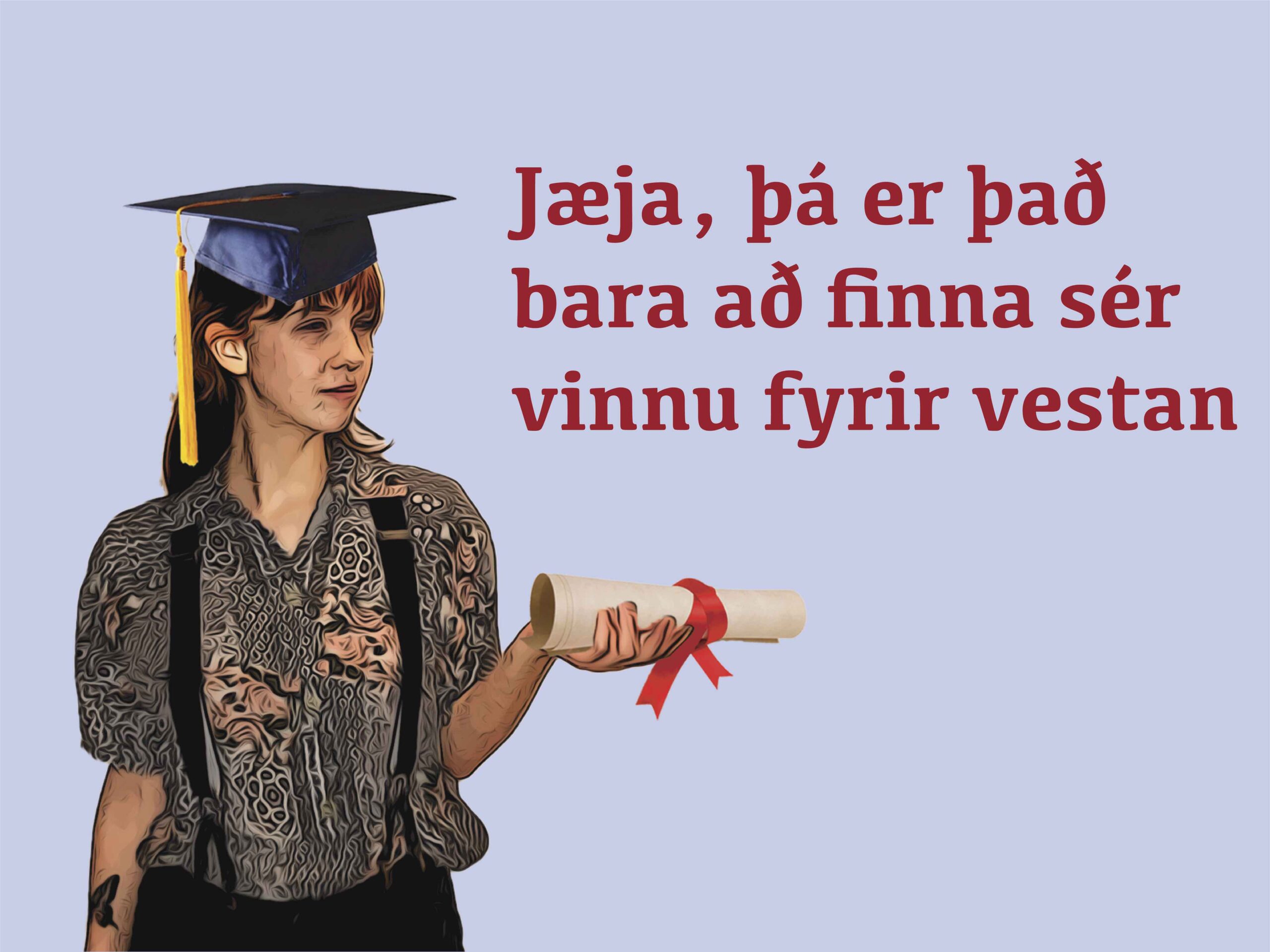
Of course, things are not quite so literal that all women are in “women’s jobs” and all men in “men’s jobs” and I know quite a few women who have swum against the current, been involved in masculine industries, started their own businesses and entrepreneurship. I also feel like I see changes in how men have increasingly started to do jobs that were previously considered traditional “women’s jobs”. I have no statistical information to back this up, but I hope that this diversity is increasing and that the female role models I have here today are an indicator of what is to come – that women will be leading in entrepreneurship and will not let gender stereotypes hold them back. However, I notice myself that the women who run their own businesses get much less praise for it than men – as an example, I often hear only the man mentioned, when people talk about a business that heterosexual couples are running together and the woman is wiped out.
I also feel more that I find it harder to raise gender issues here than in larger social groups. Although I feel like I live in a uniquely open society that welcomes new people with kindness and interest, I am more aware that my opinions may conflict with the opinions of others and that I am more cautious as it is more problematic to disagree with people in a small community.
Sometimes I hear mantras of the kind that young people do not want to live in the countryside, there is a lack of young people and on the other hand that it is a problem how low the level of education is in some places in the countryside. These things play together. Younger generations are usually more educated than those who came before and hopefully this trend will continue. People are encouraged to go and educate themselves, so that they can come back and increase the level of knowledge in their hometowns. After graduating, there is so little to choose from if people want to return as the range of specialised jobs is very small. Women are much more likely than men to pursue higher education, so it hits them harder.
Many young people from all over the country want to get an education and do so, knowing that it is most likely by forging their dream of living in their home areas in the future, raising children in a small community or giving back to the community that raised them.
According to Statistics Iceland, 15% of the population in the Westfjords has a university education, compared to 44% in the capital area. This is a striking rate in my opinion.
But the problem is not that young people do not want to live in the countryside or that people in the countryside do not want to get an education. We simply want to have a wider range of options and we want to have the opportunity to prove ourselves in more sectors than just those that the dominant gender system has taught us are available to us.
I dream of a future where small villages in the countryside are flourishing, where innovation and more diverse industries at diverse skill levels are prominent and women can prove themselves. At the same time, we who live in smaller settlements need to take care of how we talk, not to judge people and contribute to eradicating the existing gender system and make sure that our society is open to the whole flora of sexes, gender and sexuality. Smaller places also have the trait that less may be needed for changes to happen. Let’s encourage young people in the countryside to innovate, take action and make sure that we look towards equality. There is a lot at stake when it comes to promoting equal opportunities for the sexes to create a secure future and employment.
Is there not a slightly brighter future in increasing the opportunities for women in the countryside, with a multitude of different backgrounds, and young people in general, which would benefit everyone? I think so.
Do you support Vía?
Vía counts on your support. By subscribing to Vía you contribute to the future of a medium that specializes in, and puts emphasis on equality and diversity.
Vía, formerly known as Flóra, was founded 4 years ago for critical readers that want to dive underneath the superficial layer of social discussion and see it from an equality, inclusion, and diversity perspective.
From the beginning, Vía has covered urgent societal topics and published issues and articles that have shone a light on inequality, prejudice, and violence that exist in all layers of society.
We emphasize publishing stories from people with lived experiences of marginalization.
Every contribution, big and small, enables us to continually produce content aimed to educate and shine a light on hidden inequalities in society, and is essential for our continuing work.
Support Vía
Of Feminism in the Middle-East and Orientalism
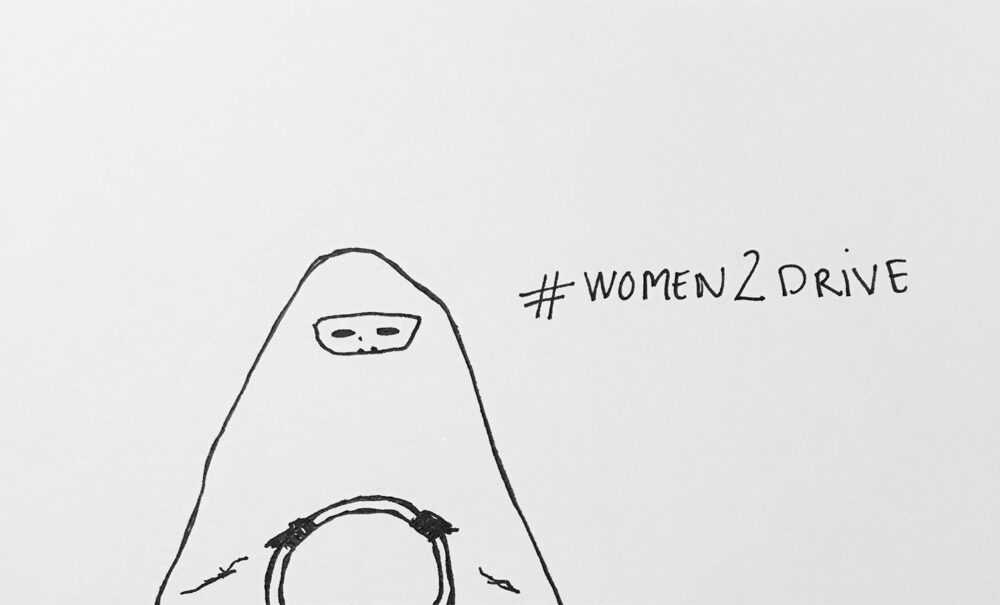
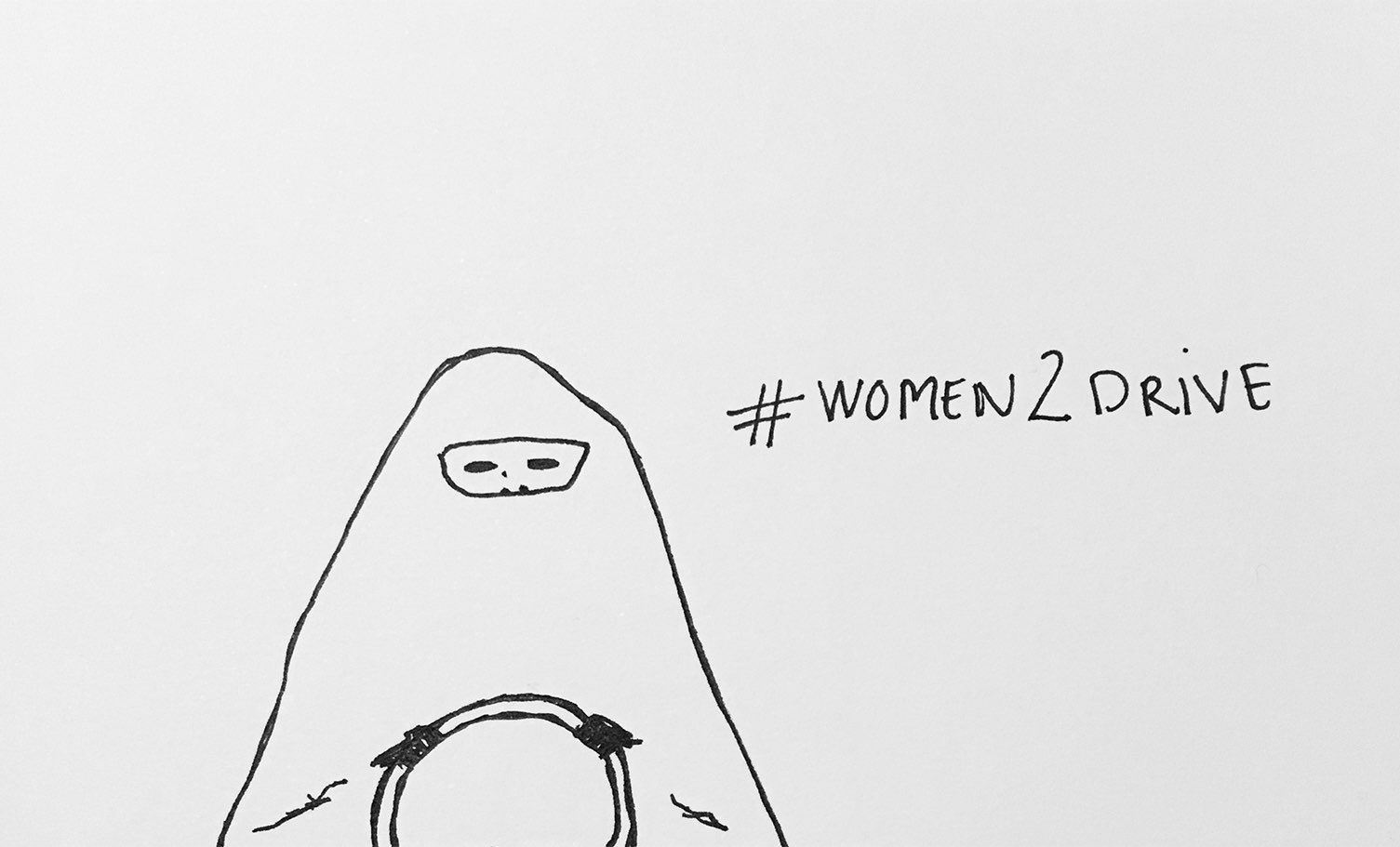
My Right to Exist
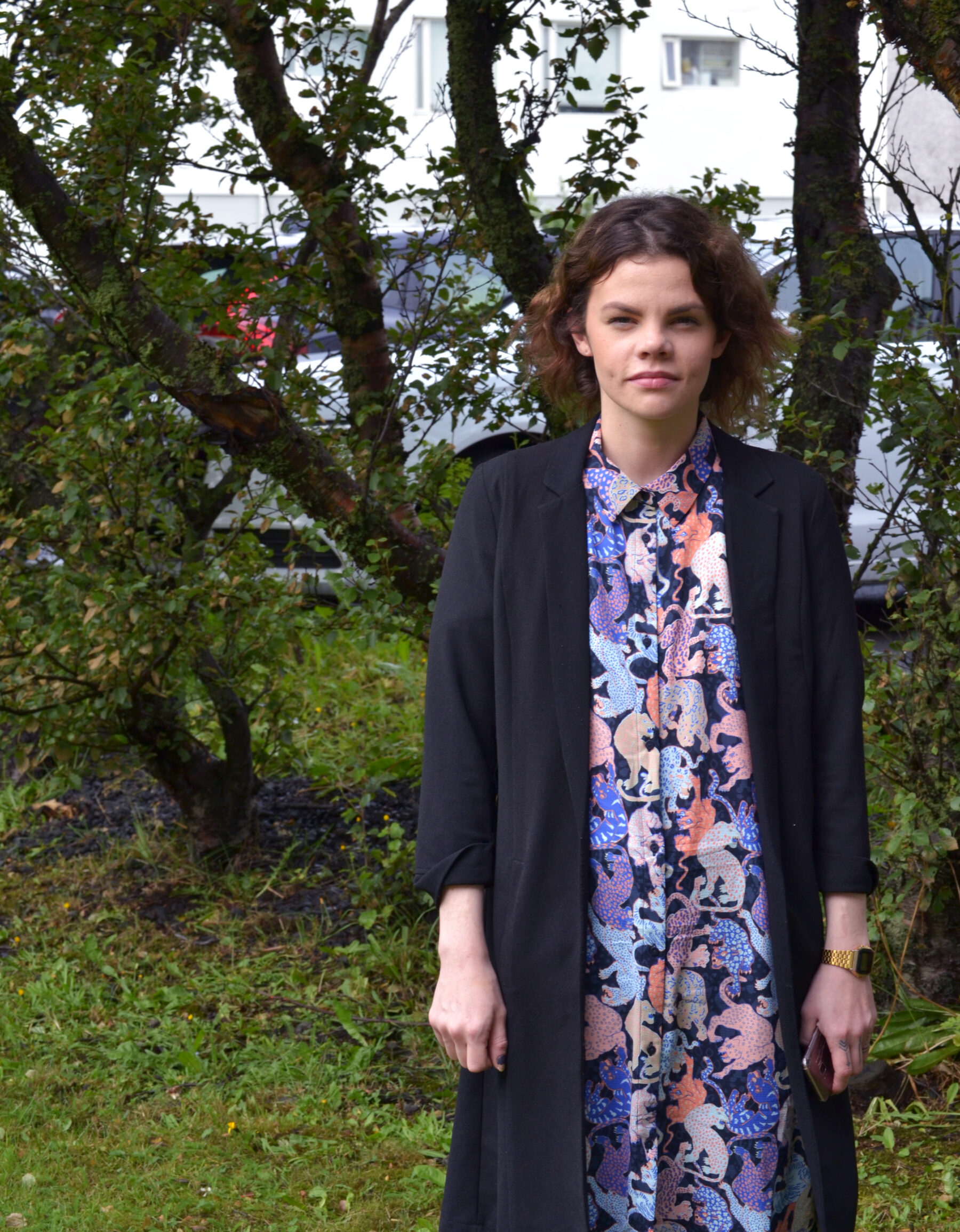

Umhverfisáhrif: Á femínismi heima á haugunum?


Konur í nýsköpun: Huld Magnúsdóttir - Framkvæmdastjóri Nýsköpunarsjóðs Atvinnulífsins
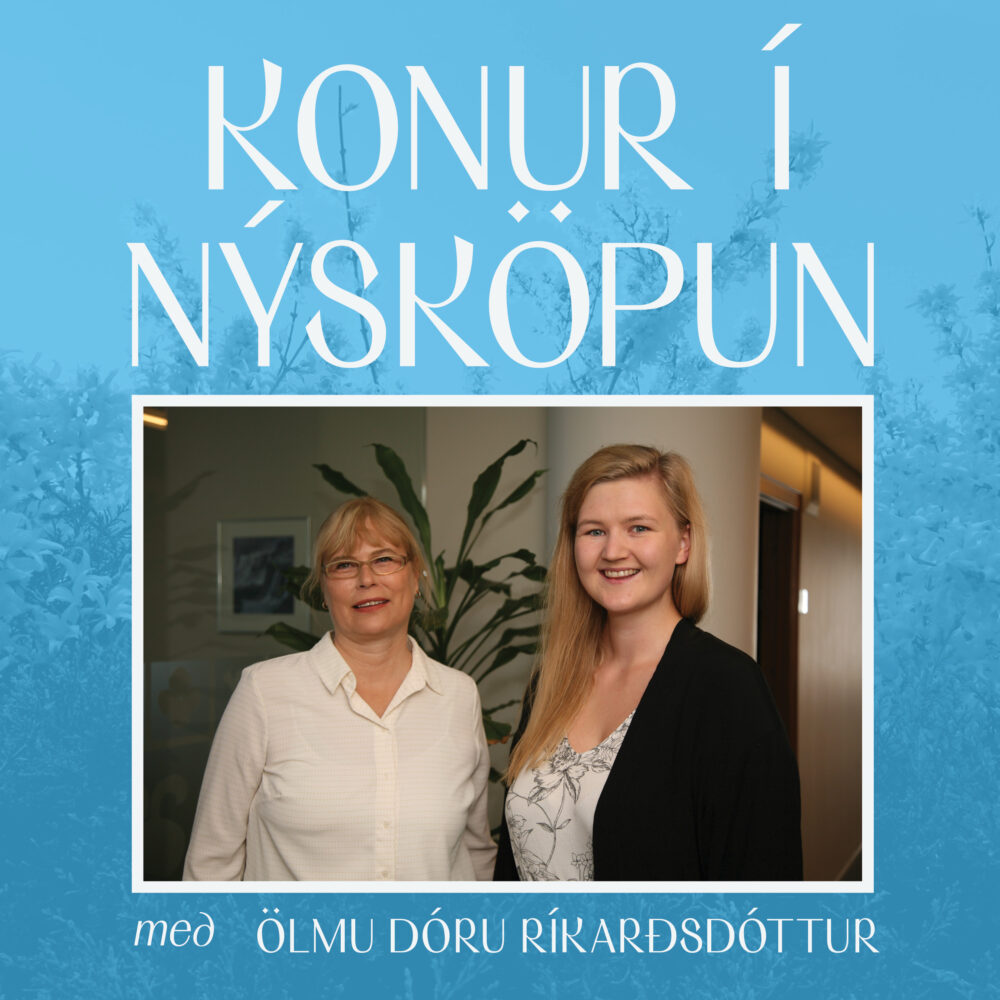
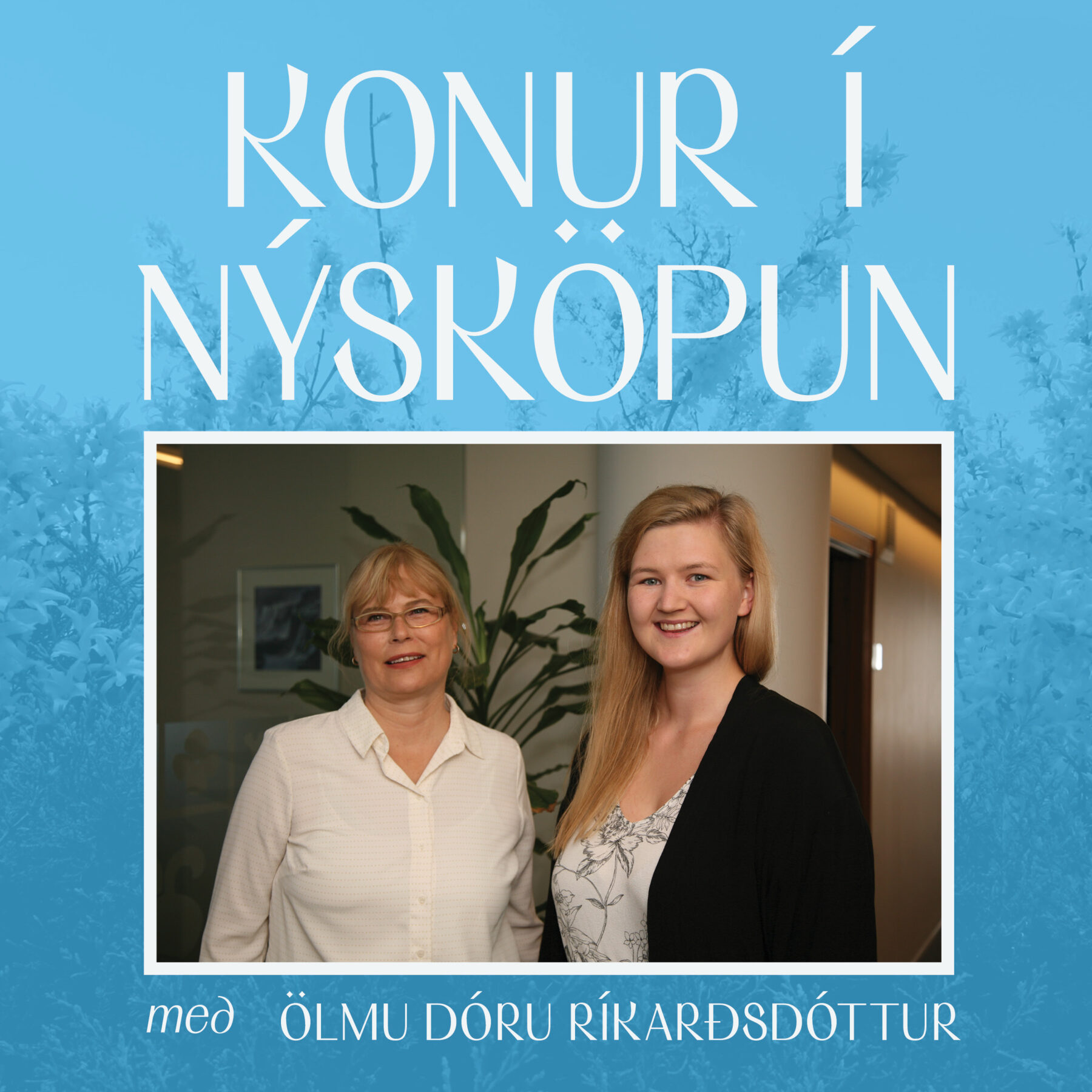
Read more about...